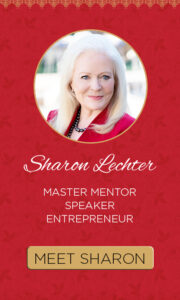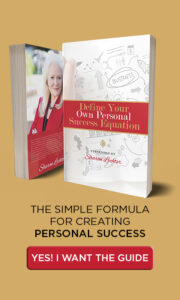‘Invisible’ Money Habits: How Small Changes Can Transform Your Financial Future
Invisible money habits can drain your bank account without you even realizing it, which can keep you stuck in the cycle of living paycheck to paycheck. That’s why it’s so …






